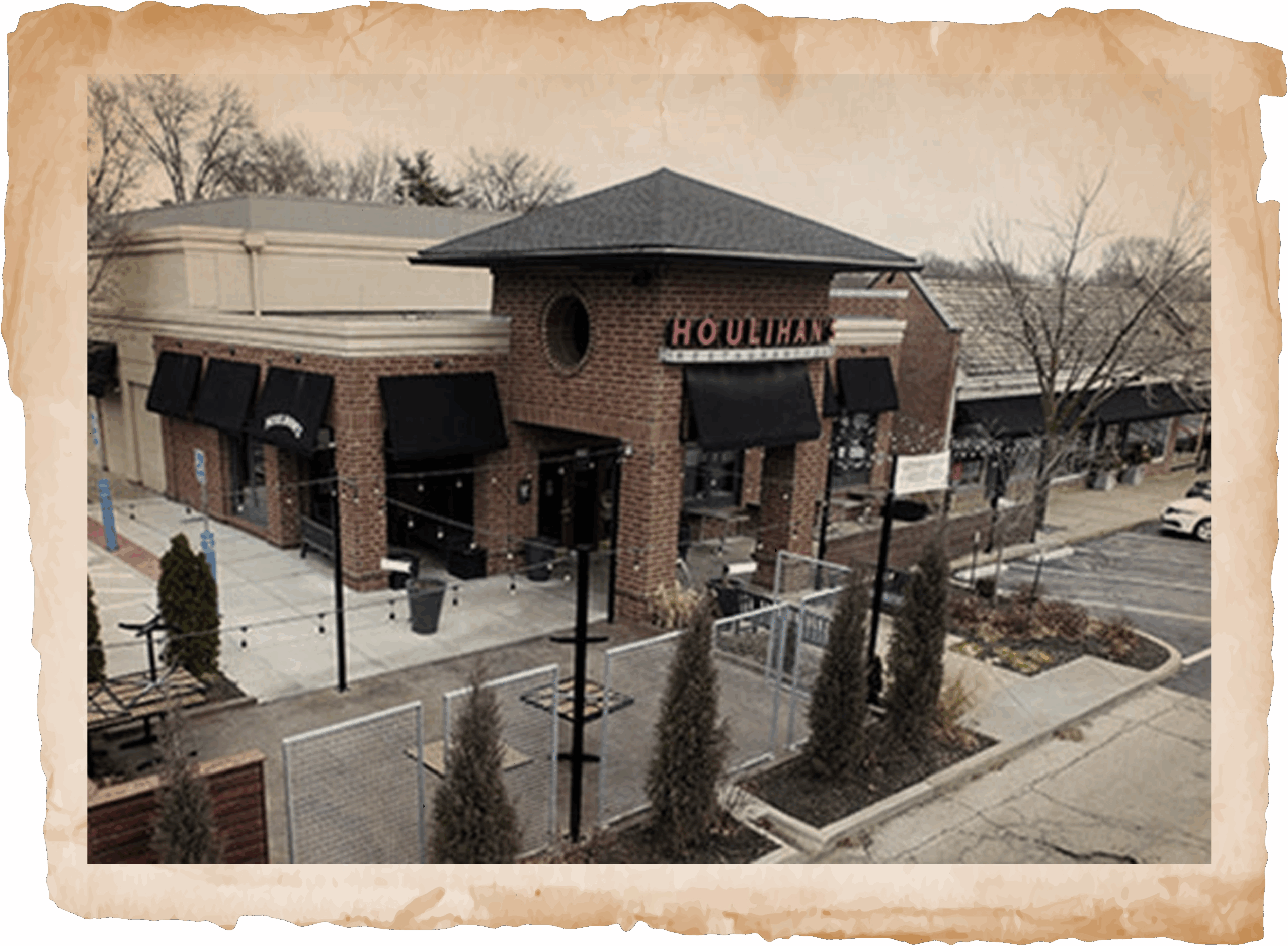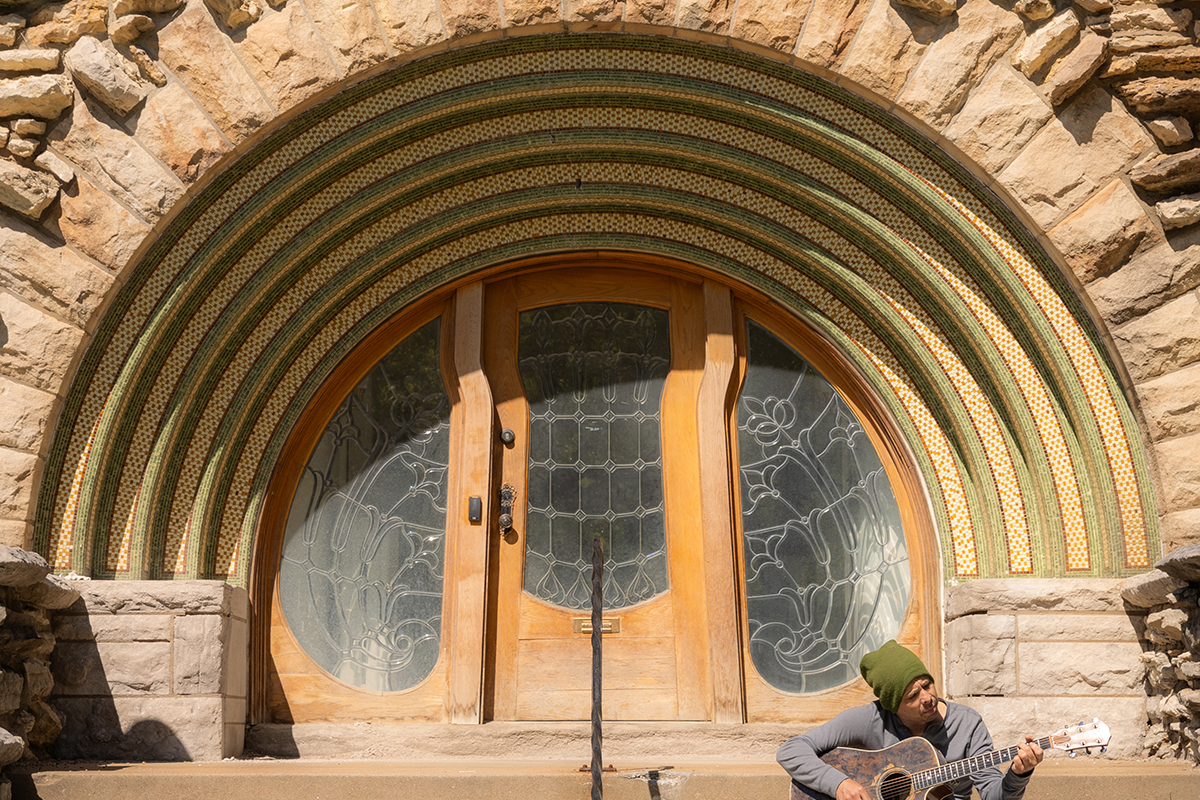
At 45, Tonya Moreland became The University of Kansas Health System’s 38th heart transplant recipient.
New bride Tonya Moreland was still writing wedding thank-you notes when she collapsed in her bedroom. At just 30 years old, she was stunned when a doctor told her that she had suffered a heart attack. She also found out that she had hypertrophic cardiomyopathy, which is caused by a gene mutation that makes the heart muscle grow abnormally thick. HCM can lead to a variety of heart trouble, from atrial fibrillation to obstructed blood flow and even sudden cardiac death.
Moreland had an implantable cardioverter defibrillator, which is about the size of a stopwatch, embedded under her skin just below the collarbone. It was there to shock and reset her heart rhythm to prevent cardiac arrest. For several years, Moreland says the ICD worked and she was doing great.
“I lead an extremely active life,” she says. “I felt like I was doing everything to the fullest. I loved my job as a special education teacher and my husband and I were optimistic about our future. I even got pregnant.”
It was during her pregnancy that Moreland experienced heart failure. Her son, River, was delivered early but was a healthy baby, and for several more years, the family flourished. Over time, though, Moreland’s heart problems worsened. Last April, she noticed she was retaining a lot of fluid. That lead to multiple visits to The University of Kansas Health Systems Heart Failure Clinic, where Moreland, now 45, was told she needed a heart transplant.
“It came out of nowhere. I wanted to wait as long as possible to get a heart transplant because they don’t last forever.” But right before Thanksgiving, Moreland says doctors told her she needed to get on the list immediately. Six days later, she was being wheeled into the operating room to get her new heart.
“I was a mess emotionally and physically,” she says. “I was also so sad and worried about the donor’s family. They had lost someone they loved during the holidays. I found out that the donor had all of their organs donated, so you know he or she must have been a wonderful person.”
Moreland’s recovery was anything but smooth. During her 50-day hospital stay, she had two additional open-heart surgeries in three weeks. One was to replace a heart valve.
Dr. Andrew Sauer, medical director of the Center for Advanced Heart Failures and Heart Transplantation at The University of Kansas Health System, says setbacks like these are uncommon but not rare. “Ten to 20 percent of patients will have some new challenges, including conduction issues requiring a pacemaker or more common problems with the right ventricle, which is more thin-walled and more prone to injury as a result of the transplant process,” he says.
Moreland says she and her husband just “faced it all head on.” Sighing, she shares, “It’s not like you have a choice. You have to accept that this is what’s happening. You can’t change it, and you need to trust your doctors and believe that you will make it.”
On Christmas Eve, Moreland was able to go home and she says River, now 10 years old, was ecstatic. “I could hear him in the hallway shouting how excited he was that I would be home for Christmas,” she says.
But Moreland has a long road ahead of her. Sauer says it can take a full year to recover from a heart transplant. “It is all a carefully orchestrated balancing act. Patients don’t feel the full benefit of the heart transplant until six to 12 months after the procedure. I typically tell patients that the honeymoon period begins after the patient reaches the one-year anniversary. This is when many of the medications are at acceptable doses and there’s less toxicity, and also the heart and the other organs are learning to work together again.”
The wife, mother and teacher says she’s ready to embrace life again, starting with cardiac rehab. “Each day is a gift that I never take for granted.”

▶︎Because HCM is inherited, Moreland had River undergo genetic testing at Children’s Mercy. (There’s a 50 percent chance that a child of a parent with HCM will inherit the genetic mutation.) River does carry the gene, but the severity of HCM can vary widely. Doctors will continue to monitor River’s heart and, when he reaches adolescence, start doing heart echoes.
▶︎After Moreland was diagnosed, her two half-sisters were tested and discovered they also had HCM. Each sister had an ICD implanted.
▶︎The average cost for a heart transplant in the United States exceeds $1.4 million.




